Thank you dear subscribers, we are overwhelmed with your response.
Your Turn is a unique section from ThePrint featuring points of view from its subscribers. If you are a subscriber, have a point of view, please send it to us. If not, do subscribe here: https://theprint.in/
Ever since I learned about the public policy process, I couldn’t stop wondering whether the farm laws were a public policy process failure wherein a crucial step of ‘public debate’ was altogether omitted. Plus, the unintended (scale and duration of the farmers protest) was unanticipated. Farm laws could be a perfect case study of what not to do while making laws in a democracy, especially for a strong community like farmers.
Let us start by understanding the meaning of the public policy process. The dictionary meaning of ‘process’ is a series of actions or steps taken in order to achieve a particular end. We follow processes in routine to attain most objectives, it could be a task of cooking a dish or opening a bank account or to plan something at our workplace. Depending on the final objective the steps vary. ‘Policy’ could be defined as a rule, made and enforced to control the behaviour of people. A policy could be for a family, workplace, city, state or country. The policy for a city, state or country is called public policy. In order to create a policy, sometimes people look at all the possible information about the problem and talk with other people before they decide on a solution, however, sometimes they might decide all by themselves. A family policy for children could be to limit the TV or play time, if parents decide this without consulting the children, we all know that it will not be received very well by the children. At the workplace, the policy could be regarding the reduction in the number of vacation days in a year or a new dress code. If the decisions are taken unilaterally, without consulting the workers, there could be some trouble. Similarly, if the public policy is made without consulting the people, the government may get into trouble, farm laws are a classic example. Public Policy is a relatively new field of study in India as compared to the developed world. It refers to a set of actions taken by the government that includes but is not limited to making laws and is defined in terms of common goal or purpose.
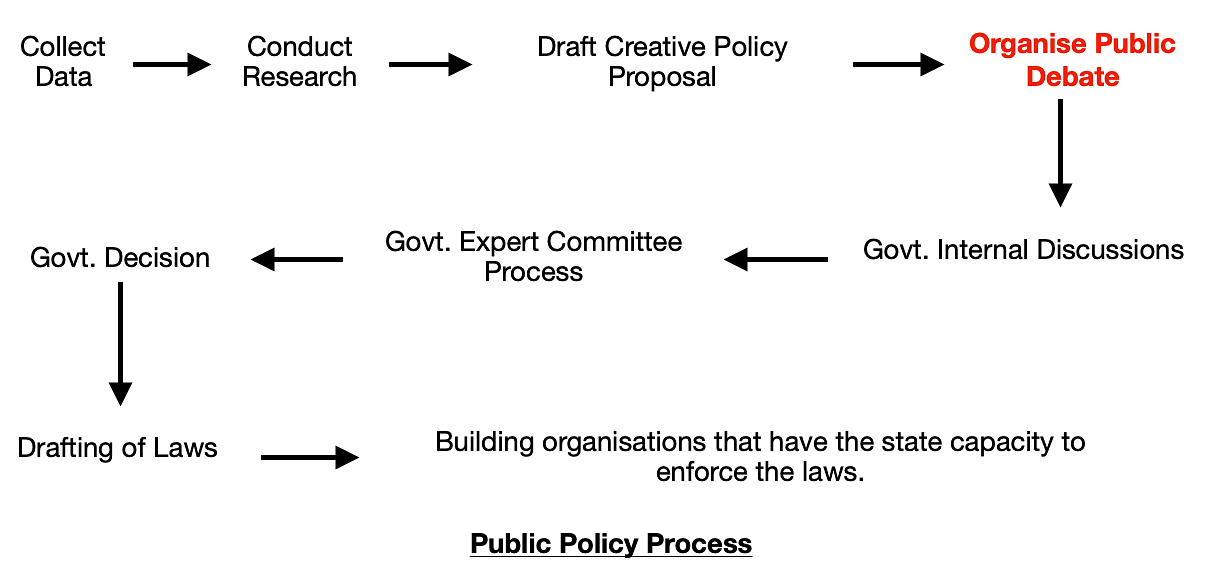
After a problem has been identified by the government, for which a public policy has to be made, a typical policy process from beginning to execution could be broken down into the following nine logical steps.
Per the above public policy process, ‘public debate’ must be completed before the government’s internal discussion on the policy proposal. If the public debate step is skipped, just like it happens while deciding on a family policy or a workplace policy, the government may sometimes get into trouble for not consulting the people. In a democracy, there has to be an open window for people to participate in the public policy process to bring about transparency. When a rule is made and enforced to control the behaviour of people in a city, state or country that is a democracy, it is only fair to involve the people, after all a democracy is a government of the people, for the people and by the people. The Indian government’s policy process not being consultative was pointed out by Anil Ghanwat, one of the members of the Supreme Court-appointed committee on the laws. In a letter urging the court to release the panel’s report, he said: “These laws were accepted in principle by our farmers’ movement, but were not accepted entirely by the farmers because the policy process of the Indian government is not consultative.”
While the farm laws have been repealed, there is an urgent need for the Indian government to develop and implement a robust public policy process that is consultative and transparent. If we do not want to waste our scarce resources in the future, a policy process that involves ‘we the people’ is a must. We could look at the developed nations for cues.
Also read: SubscriberWrites: ‘Democracy 2.0’ — A new definition of democracy is needed in changing times
These pieces are being published as they have been received – they have not been edited/fact-checked by ThePrint.

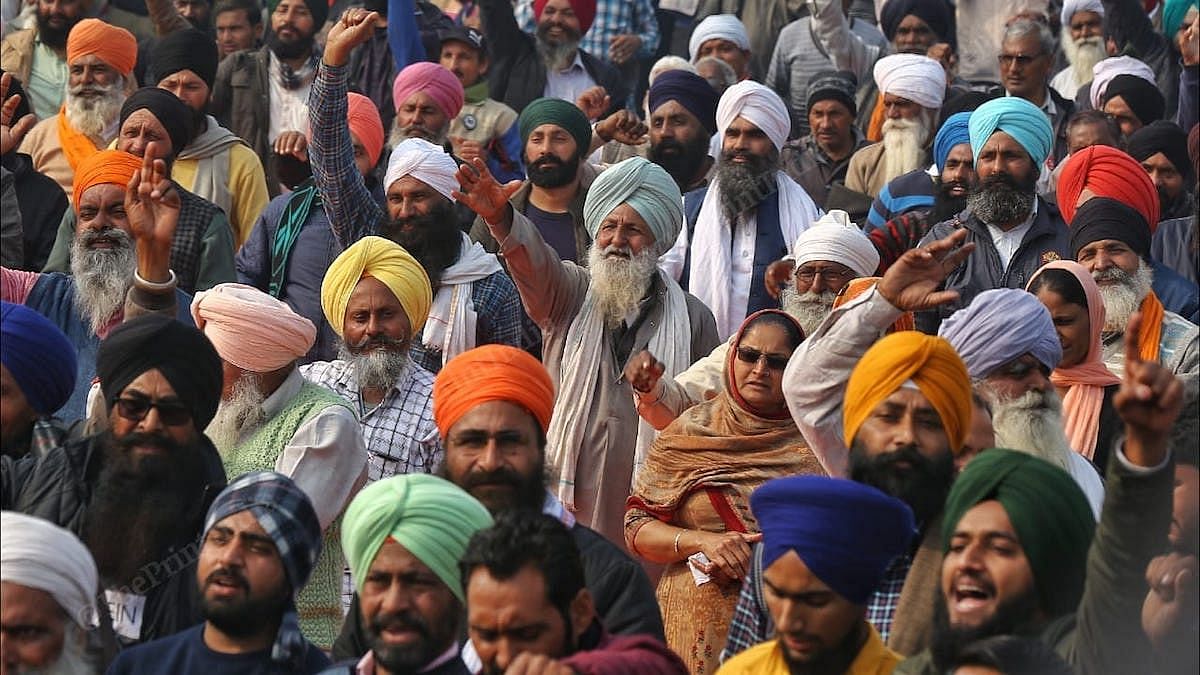
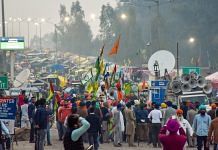
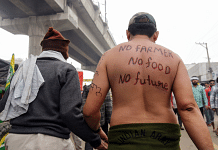
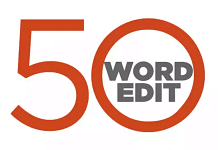

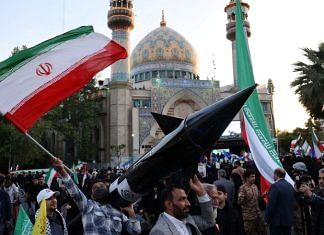


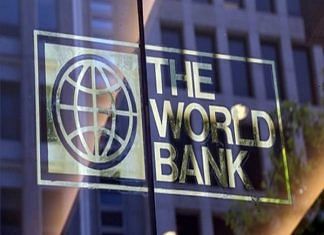
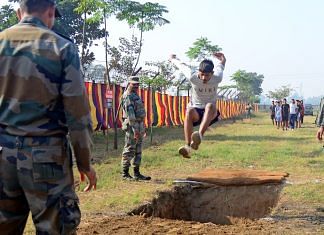
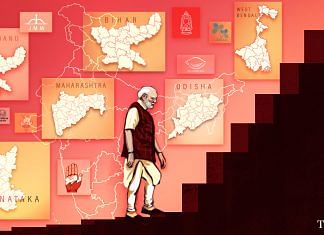
COMMENTS